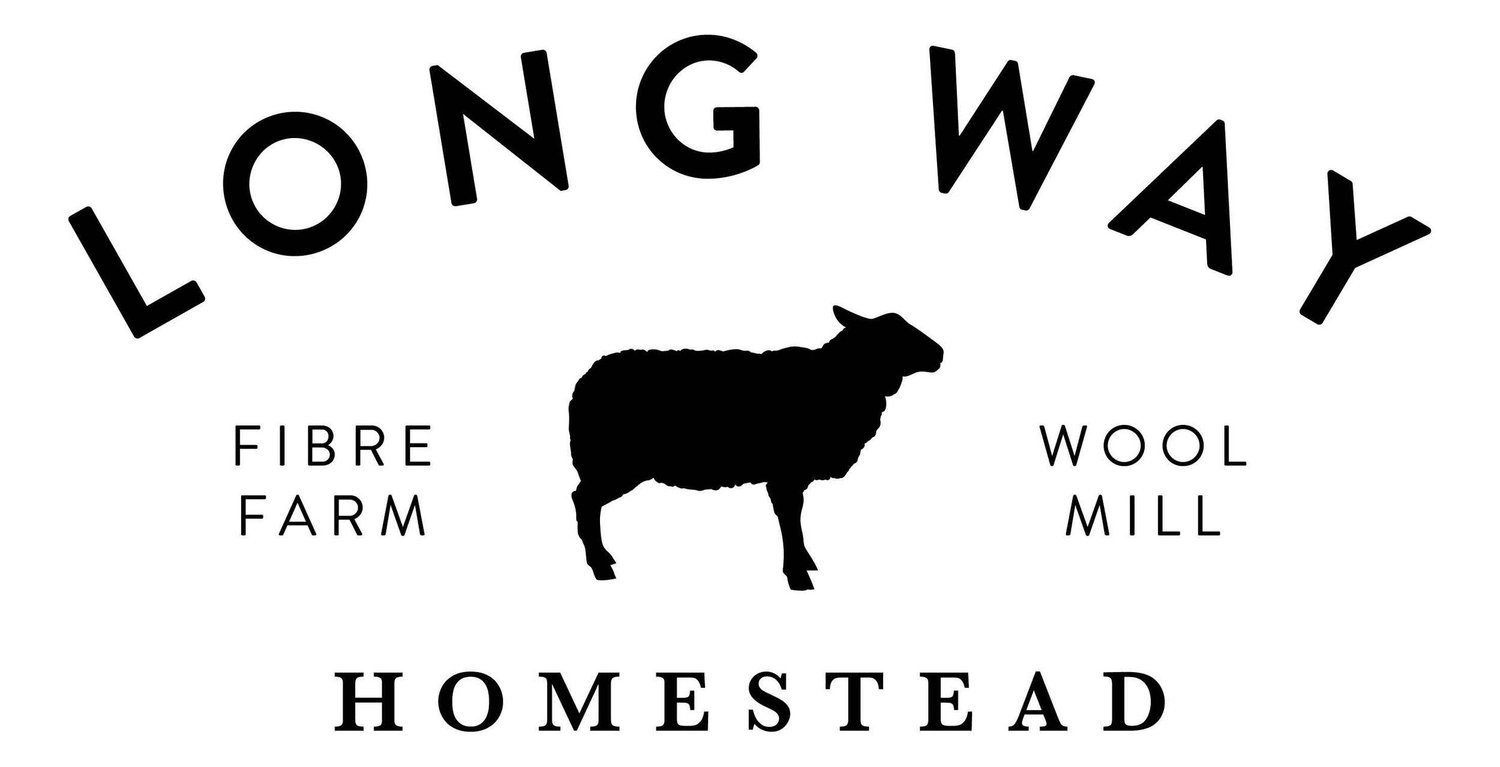What is Mutual Aid
“In mutual-aid systems, people work cooperatively to meet the needs of everyone in the community. It’s different from charity, which features a one-way relationship between an organization and recipients, and often responds to the effects of inequality but not its causes.” Check out this article to learn more.
To be honest, I am still learning how to incorporate mutual aid principles to a fibre farm and processing business. So I anticipate that this will take a few different forms as things change and progress. (I would also love and appreciate your feedback). Here is what I know for sure:
Access to locally grown and produced textiles shouldn’t be inaccessible to those that cannot afford it
Farming and textile learning and opportunities should be available to everyone regardless of their financial situation.
We are working to create more space and accessiblity for full participation in our events/workshops/classes and more. We contribute money, time and resources to this, but we know others in our community want to contribute as well.
We have a bursary fund for those experiencing barriers to attend any paid event or opportunity at our farm. Our mutual aid donations will go towards the bursary fund and increasing accessiblity.
We will include a list of our mutual aid contributions below (while respecting privacy of those attending).
Please let us know if you have any great ideas for mutual aid in the fibre/textiles/farming context - we would love to hear (info@longwayhomestead.com)
Mutual Aid and Bursary Opportunities in 2022
These were the opportunities for mutual aid that we were a part of in 2022:
3 full bursaries for on-farm workshops
5 full bursaries for on-line workshop
contributed 25lbs of wool and roving to inner city program for youth (Winnipeg)
Land Reparations in 2022 (1% of sales - every quarter we donate 1% of sales to a local organization that is focused on land reparations or access to land for BIPOC and racialized farmers)

